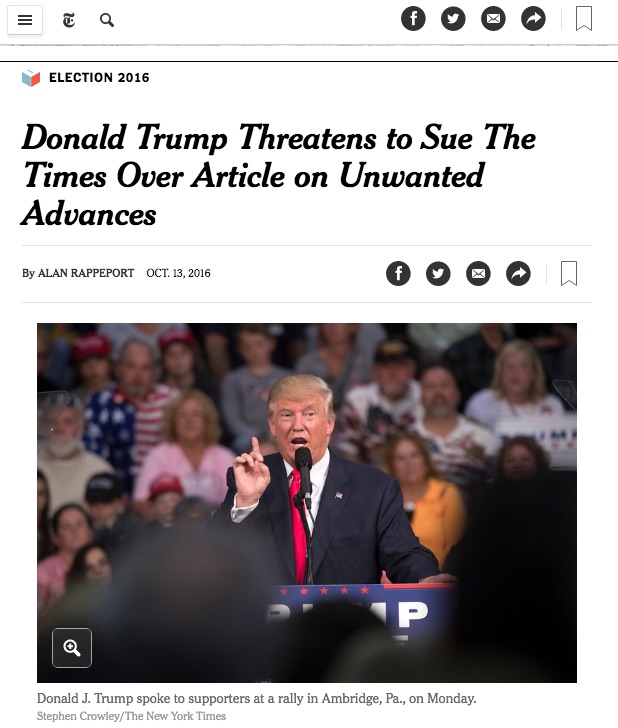No one should have to wait 94 words for a verb, and other observations from legal writing
Sentences that never seem to end create a cognitive load on the reader. The longer and more convoluted they are, the worse it gets. Legal writers, in particular, seem to have a problem with this. The solution — as you’ll see from this egregious example — is to break things down and create structure. An…


